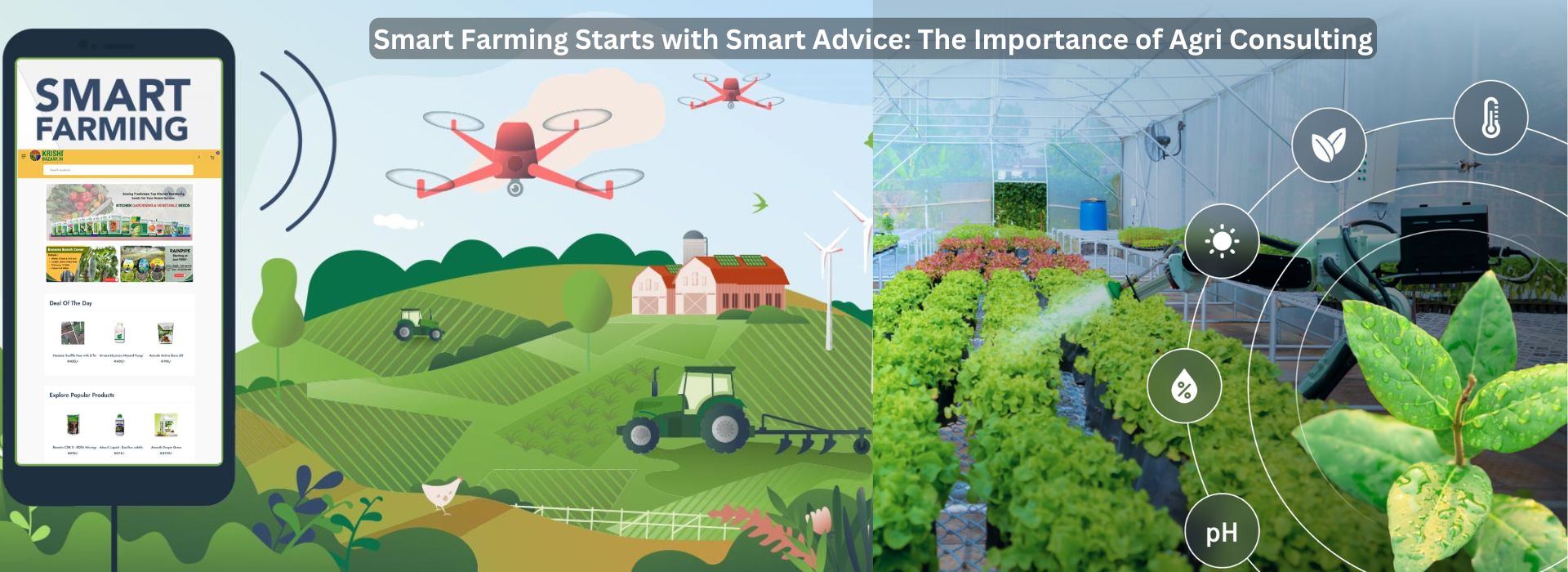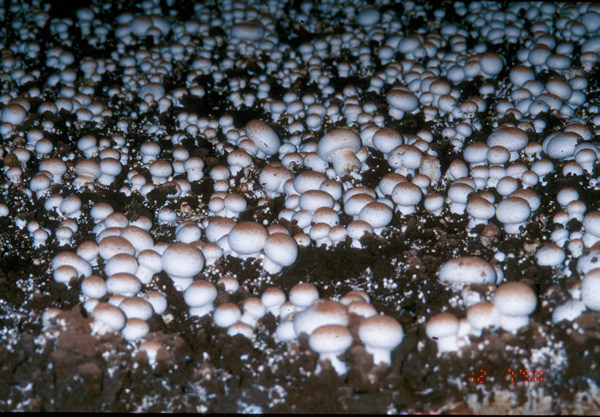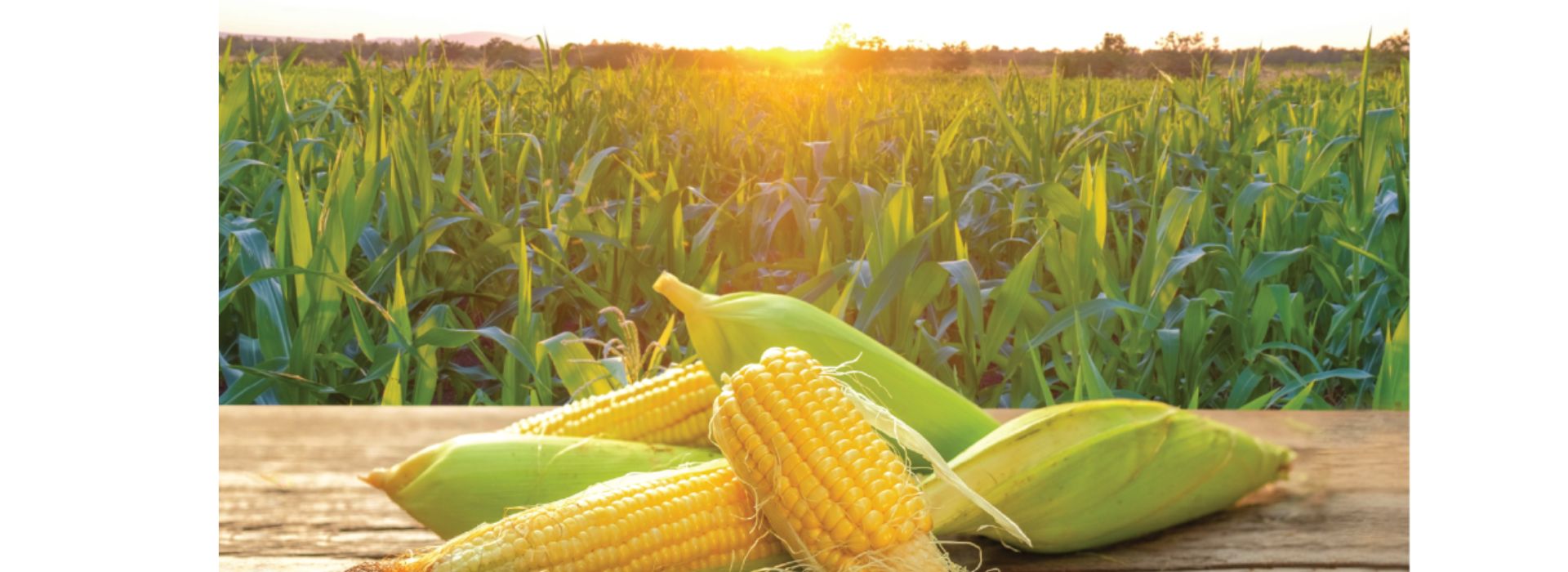Navigating the World of Agricultural Insecticides: Balancing Efficacy and Environmental Responsibility
April 15, 2024the intricate dance of agriculture, one of the critical players is the insecticide. These chemical compounds serve as guardians, protecting crops from voracious insect pests that can decimate yields and jeopardize food security. However, as we tread deeper into the realms of sustainable farming and environmental consciousness, the use of insecticides demands a delicate balance between efficacy and ecological responsibility.
The Need for Insecticides
Insects, though often tiny, wield immense power in the agricultural landscape. From the destructive march of locust swarms to the insidious nibbling of aphids, these pests pose a significant threat to global food production. Without intervention, entire harvests can succumb to their relentless onslaught, leading to food shortages, economic losses, and ecological imbalances.
Efficacy vs. Environmental Impact
The quest for effective insecticides has driven the development of various chemical formulations, each targeting specific pests with precision. While these innovations have undoubtedly bolstered crop protection, they also raise concerns about their broader impact on the environment and non-target organisms.
Pesticide Residues and Human Health
Beyond their effects on the environment, insecticides can also leave traces in the food chain, potentially impacting human health. Residue levels in crops, soil, and water sources require vigilant monitoring to mitigate health risks and ensure consumer safety.
The Rise of Sustainable Alternatives
In response to mounting environmental concerns, the agricultural sector has witnessed a surge in sustainable insecticide alternatives. Biological control agents, such as predatory insects and microbial pesticides, offer promising solutions that harness nature's own mechanisms to combat pests.
Integrated Pest Management (IPM)
At the forefront of sustainable pest control strategies lies Integrated Pest Management (IPM). This holistic approach emphasizes proactive measures, combining cultural, biological, and chemical controls in a synergistic manner. By minimizing reliance on insecticides and fostering ecosystem resilience, IPM represents a paradigm shift towards environmentally friendly agriculture.
Regulatory Frameworks and Industry Standards
As awareness of environmental issues grows, regulatory bodies worldwide are tightening restrictions on insecticide use and promoting safer alternatives. Industry stakeholders must adhere to stringent guidelines, prioritize research into eco-friendly formulations, and embrace sustainable practices to navigate this evolving landscape responsibly.
The Role of Education and Collaboration
Education plays a pivotal role in shaping agricultural practices for the future. Farmers, researchers, policymakers, and consumers must collaborate to foster a deeper understanding of the complexities surrounding insecticide use. By promoting knowledge exchange and fostering innovation, we can cultivate a more sustainable agricultural ecosystem that safeguards both crops and the environment
At krishibazaar.in, you can find and buy various agricultural products. For agricultural guidance on selecting the most suitable products for your crops, please contact or WhatsApp at +917887880887






Guest reviews
No reviews found for this Blog